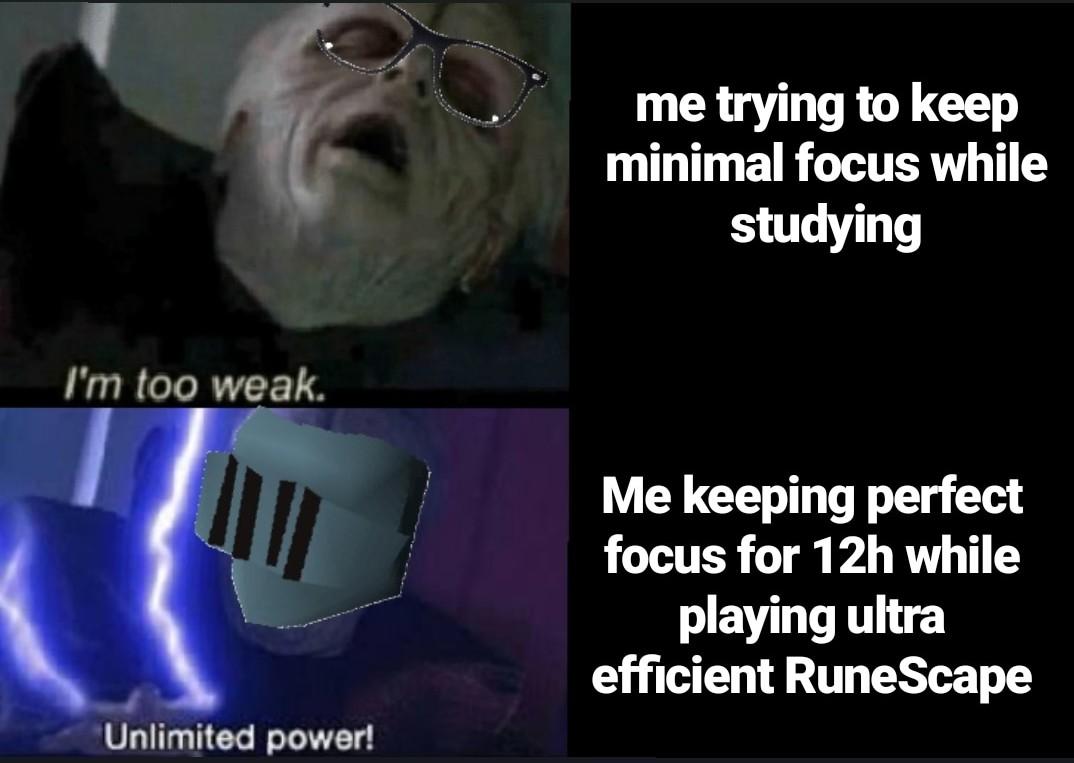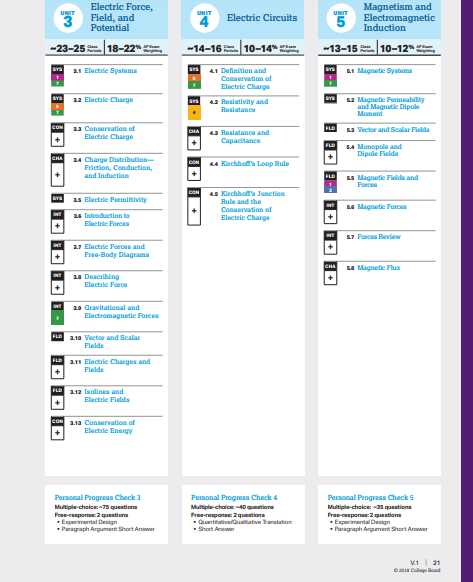🧲AP Physics 2
🧲ap physics 2 review
How Do I Self-Study AP Physics 2?
Verified for the 2025 AP Physics 2 exam•5 min read•Last Updated on July 11, 2024
Welcome back! Let’s get right to it: believe it or not, AP Physics 2 is not that hard to self-study. You don't have to be Daniel Bernoulli, Nikola Tesla, or Blaise Pascal to make Physics Fiveable. All you need is hard work and dedication to snag that 5!
📚 Self-Studying
Self-studying may seem intimidating. Let's name a couple reasons why:
-
You're on your own.
-
You're not taught in the same way a traditional class does.
-
You have to go all out with seeking the resources you need. Self-studying has some perks, though:
-
You can find out more above specific topics you're interested in compared to being limited by a class's curriculum.
-
Learning is self-paced.
-
Aaaaaand most importantly, no homework! The point is that self-studying isn't as daunting as what it seems to be. Knowing the battle you're about to fight and preparing accordingly, will help you succeed with AP Physics 2, regardless of whether you self-study or take the class 🤓

🗒 The CED
Now that you're all hyped up and raring to go, where EXACTLY do you go 🤔
College Board has published a Course and Exam Description framework for each of its AP classes, including Physics 2. Here, you can see how it divides the AP Physics 2 units, how much of the test they comprise, and an overview of the subtopics you are expected to be familiar with under each unit. We recommend looking at the Course at a Glance section before diving into the specific topics, which is time-consuming.

The AP Physics 2 Course & Exam Description is your best friend when it comes to familiarizing yourself with the curriculum. In fact, you can figure out which units and topics you need to focus on as you prepare! (Source: College Board)
Use the CED to:
- Keep track of what units to prioritize studying first.
- Identify topics you feel confident or need to work on.
- Look closely at sample AP exam questions and lab activities typically conducted in a classroom setting. (One of the FRQs is related to Experimental Design so be sure to look at labs!)
✏ Resources
Now that you know what you are doing, you need to know how you are going to do it. Notably, you need resources for two equally important things: content and practice. Let’s talk about acquiring content first. You can achieve this in a multitude of ways.
Books: A textbook is your one-stop-shop for all the content you need for this class. Check out our recommended list of textbooks and prep books! 📚 (coming soon)
Prep Books also are a great source of information and practice questions:
-
Barron’s
-
Princeton Review
-
5 Steps to a 5 Videos:
-
Khan Academy has great videos over Physics 2. It even has a course dedicated to it, and has some practice questions to go over the videos! Online Resources:
-
Individual AP teachers also post PowerPoints and assignments on their classroom websites. Check them out!
-
Reddit has awesome communities such as r/APStudents where you can ask questions and get your questions answered.
-
Quizlet has vocabulary decks for each of the 10 Physics 2 units made by former and current students.
⏰ Preparing for the Exam
Set a study plan!
Number one rule? Stay organized! Divide your calendar into the 7 units in AP Physics 2.
For reference, here's the weighting of each of the units
- Fluids: 10-12%
- Thermodynamics: 18-22%
- Electric Force, Field, and Potential: 10-14%
- Electric Circuits: 10-14%
- Magnetism and Electromagnetic Induction: 10-12%
- Geometric and Physical Optics: 12-14%
- Quantum, Atomic, and Nuclear Physics: 10-12% Just by looking at the numbers, you should spend more time with Units 2 and 6 than Units 1 and 3. Laying out the composition of the exam already helps to pinpoint what needs to be studied more in-depth.
💡AP Physics 1 Veterans:** Be sure to understand the difference between AP Physics 1 and AP Physics 2 in terms of expectations when it comes to test-taking, specifically the FRQs. You will now be held accountable for the concept of experimental uncertainty when examining graphs and experiments. Other notable differences include content and testing logistics—AP Physics 2 has one less short answer FRQ than AP Physics 1. Although Physics 1 has 9 units and Physics 2 only has 7 units, AP Physics 2 does go more in-depth.**
Practice the Content!
Physics is inherently a math-based class. You need to practice all aspects of the content. Do as many practice questions as you humanly can. Look over the internet for worksheets from other Physics classes and see if you can solve them.
Besides multiple choice questions or worksheets, practice FRQs since they constitute 50% of your exam score. Past FRQs with the answer keys are at the bottom at this webpage.
As you practice, be sure to keep track of the questions you miss. Often, you can identify which units you want to work on by looking at problems you either get wrong or take a long time answering.
💯 Summing It Up
With a well-formulated plan and a consistent workflow, you'll be set by the time May comes!
- If you attend a school but chose to self-study the class, you will be taking the exam at that same school.
- If you are homeschooled, it is highly recommended for you to take the same on the closest school to where you live. Be sure to reach out to the school ahead of time! A high AP score is not obtainable with last-minute test prep. Instead, it is only possible if you put an effort over the next 9-10 months from the day school starts. It is understandable to lose motivation as the year progresses, but keep in mind that everything will pay off in the finish line. Keep grinding and get that 5!